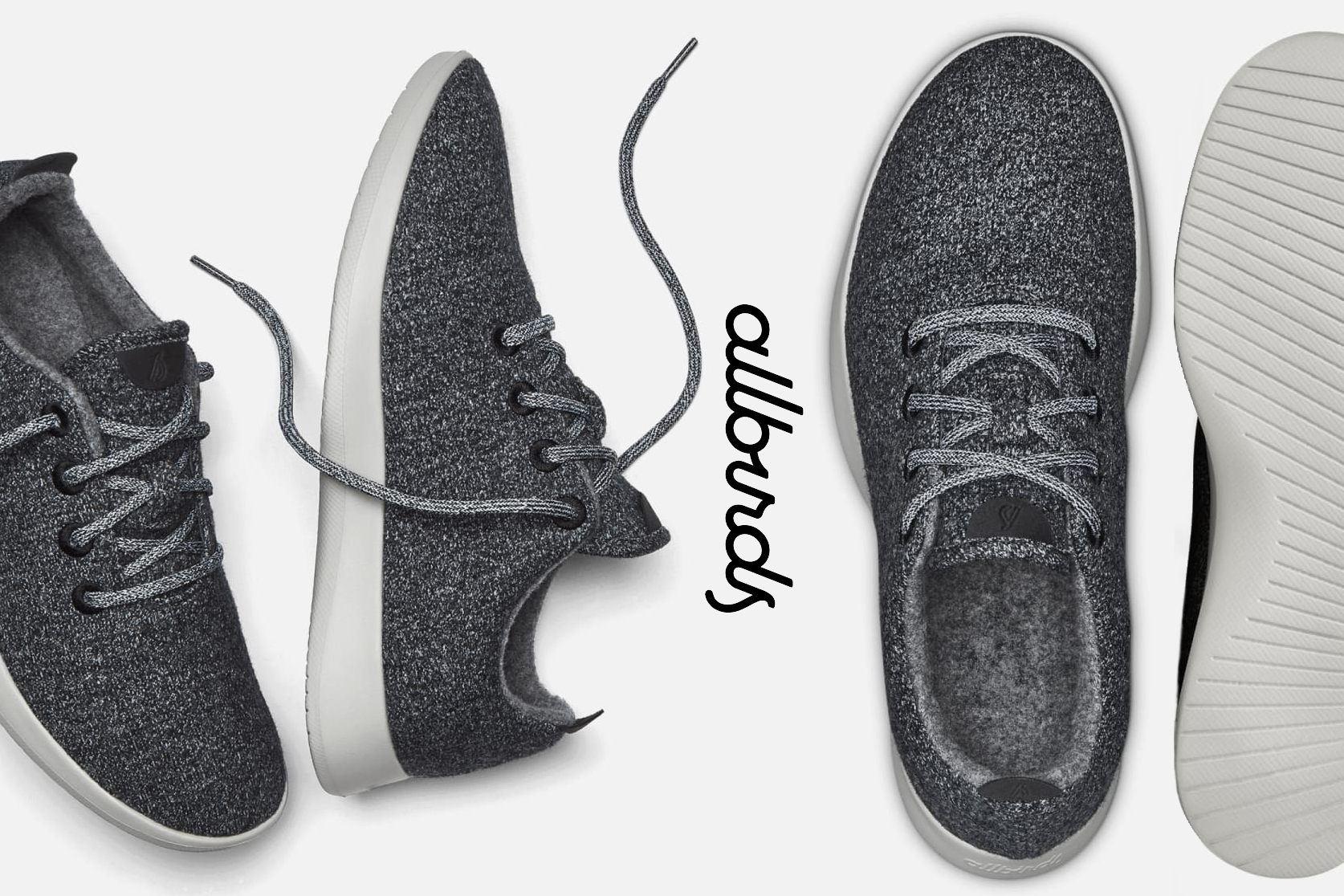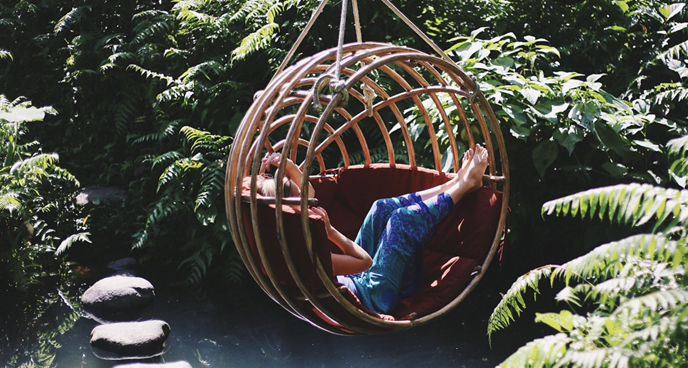Sustainability without compromise
For the future to be sustainable, we must reframe the way we make products.
As designers, product people or business owners, we must take ownership of our power to influence the sustainability of the products we design. This article attempts to unpick the reasons why we haven’t done so yet, and offer a framework to think about how we can evoke much-needed change
There is a burning need for more sustainability on our planet. We know it’s something that we need to change as humans. We heard this loud and clear from the 16-year-old Greta Thunberg at the World Economic Forum:
“I want you to act as if our house is on fire.”
The world’s smartest minds, top researchers from global universities have been telling us, many governments have been changing policies, our children are learning about the nasty effects humans have had on the environment, yet we are still facing a massive climate crisis.

Why is sustainability so hard?
As much as we like to think that humans are some sort of superior species, we are very much still glorified apes. Yes, we have the intelligence and brainpower to coordinate communities, to create large scale systems to the benefit of many, but if we look back at history we have no evidence that we can coordinate change at the global scale.
To get the ball rolling on climate change, we need to be thinking on a massivescale: crossing race, ethnicity, beliefs but also about other species and biomes.
if we look back at history we have no evidence that we can coordinate change at the global scale.
To move forward, we need to understand what makes us, well, us.
Much of how we function day to day is instinctual, our DNA has programmed us to survive in the wild. Mentalities like us vs them, self-preservation or immediate gratification have ensured the survival of our ancestors and has got us to where we are today.
Climate science is based on logic. Even the most rational of people don’t behave logically: Think about the last time you went to the shop to get something specific, did you walk out with exactly the items you thought you were going to purchase or was there something extra that you bought because you liked the look of it? Perhaps you even forgot one of the key things you wanted to get in the first place?
Mentalities like us vs them, self-preservation or immediate gratification has ensured the survival of our ancestors and have got us to where we are today.
Education alone is therefore not the answer. Telling us with logic and stats about the current situation and how our behaviours mess up the world is just not enough to combat our evolutionary instincts. We cannot (yet) update our DNA, the human base-code like we do our phones and our laptops. It only happens when we have babies, and even that is massively based on what genetic material our parents have.
Telling us with logic and stats about why the current situation and how our behaviours mess up the world is just not enough to combat our evolutionary instincts.
So, here’s a stab at a framework: sustainability without compromise.
If you can’t fight it, work with it.
Let’s go back to the supermarket scenario, why did you pick up that chocolate bar that’s half price when you got to the till? Consumer research sheds light on our decision process — we make decisions roughly based on three factors that interplay with each other:
- Cost
- Convenience
- Quality
Every purchase decision is mostly made out of these factors. If a product can get the job done cheaper, chances are that someone would sacrifice the other two (to an extent) for cost. Similarly, people will pay more for convenience and/or quality. If a product can hit all three sweet spots: it’s cheaper, easier and better quality for your market, then Pow! you’ve got yourself a winning product for mass adoption.
For a niche market, sustainability will be the fourth factor, some people see suitability as a major factor in purchasing decisions. Sadly, to make meaningful change niche markets are not good enough, we need mass adoption, and as soon as possible. Therefore, we need to reframe the way we approach sustainability at scale- we must embed sustainability as a by-product, rather than a feature, without compromising the above: cost, quality or convenience.
How can this work?
There are a few ways this can be achieved — the obvious one is government legislation, creating standards that companies need to adhere to launch a product. This creates baseline sustainability and will probably be the most effective. However, most (democratically elected) governments’ core motivation is to retain voters, a slapping a tax on unsustainable goods may not be the best choice to gain more vote (yet).
Ok, so we don’t have time to wait for governments to legislate. So what other direction can we go down? We, the consumers, have the desire to be more sustainable, but most of the time, we need to fork out more, go out of our way to recycle it, or compromise on the quality/longevity of the product.
If there is a desire and a demand, there is a market. Product companies need to reframe the value proposition: create a unique selling point (cost/quality/convenience) AND make it sustainable. If you can do that, then you will automatically be more successful than your competition.
That being said, this is not to downplay the significance of the capitalist consumption market has on sustainability, but changing motivations are way harder than changing behaviours. What we can do now is to start to shape things people buy, and address the reasons of why we feel the need to buy so much later.
So enough about the theory, let’s look at some example of sustainability without compromise
All Birds Trainers

Marketed as “The world’s most comfortable shoes”, notice that the tagline is about comfort and quality, yet they are made with thoughtfully sustainable materials! Having tried a pair, they are more comfortable than any other shoe I’ve worn.
Rating: Sustainable without compromise of quality
The Bottom Line
Sustainability is a problem created by us; a chain reaction of a society obsessed with consumption, fuelled by advances in mass manufacture, mixed in with our primal instinct of the need for immediate gratification and self-preservation above the “greater good”. For the first time, we have to think bigger than what our brains have evolved to do, we have to think as a race, as a player in the ecosystem that we call earth. This is a massive challenge that we have not yet faced.
We need to change mindsets of the masses — which is somewhat already being tackled with education and awareness, but most of all, we must change behaviours. I believe we have the desire to be sustainable, but the barriers to entry are just too high.
This is why product makers and businesses, who have a track record of changing behaviour (ahem, consumerism), need to take responsibility and offer to customers sustainability without compromise. It is not only a duty but also a smart business move. Although sustainability without compromise is harder to develop, there is a need and the consumer desire in the mass market.







